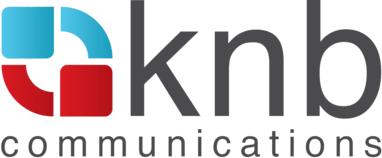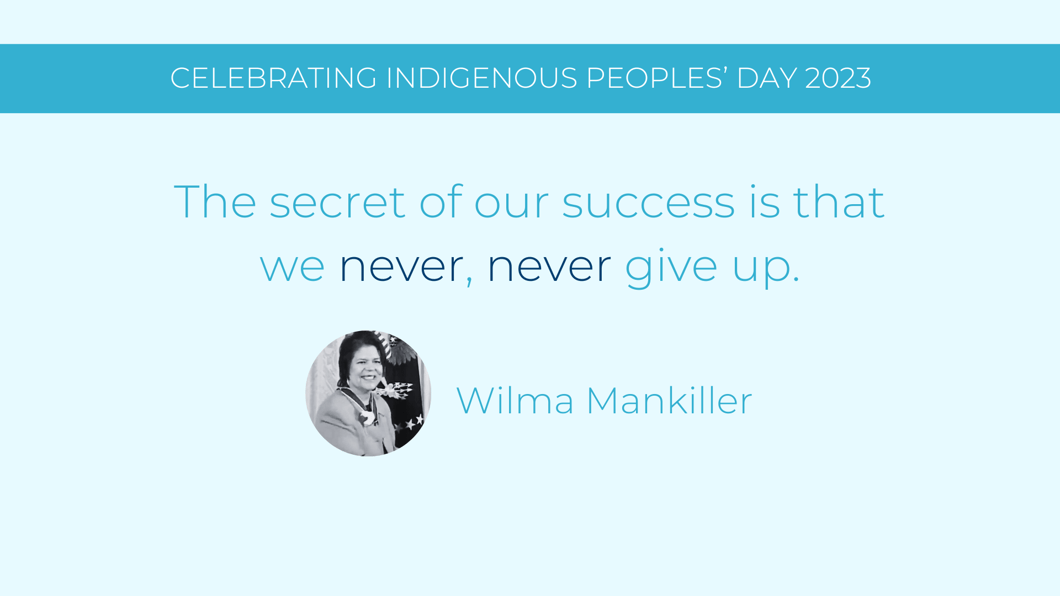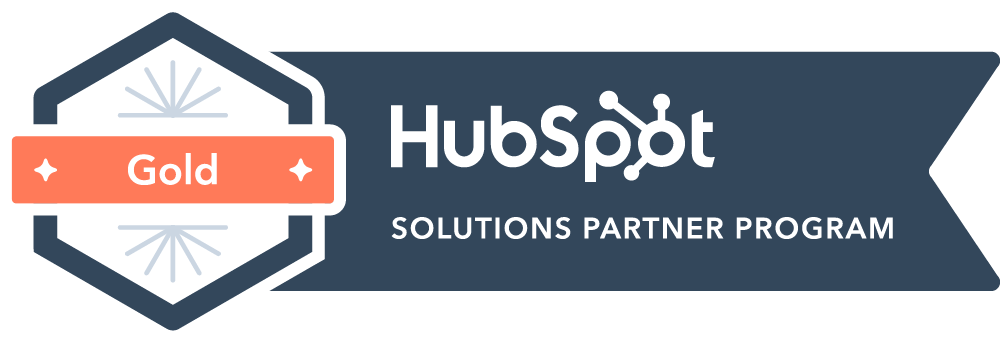Celebrating Indigenous Peoples' Day: honoring cultural diversity in healthcare
Table of contents
Indigenous Peoples' Day is a profound occasion to commemorate the rich heritage and invaluable contributions of Indigenous peoples worldwide. It's also a moment to contemplate the enduring challenges faced by Indigenous communities, particularly in the realm of healthcare.
Indigenous societies boast a venerable history of healing and nurturing their communities, grounded in an intimate understanding of the medicinal properties of plants and the natural world. Their holistic approach to health encompasses the physical, mental, and spiritual dimensions.
Yet, these resilient communities grapple with significant health disparities rooted in a legacy of colonialism, racism, and discrimination. Limited access to quality healthcare, coupled with enduring socioeconomic hardships, compounds the challenges faced by Indigenous peoples.
Indigenous impact on healthcare
Indigenous knowledge systems hold immense potential for enriching the healthcare landscape. The profound understanding of the natural world and its healing properties, combined with a holistic approach to well-being, sets Indigenous healthcare apart.
- Vaccines: Indigenous peoples in the Americas developed and used vaccines long before European settlers arrived. For example, the Variola major virus, which causes smallpox, was introduced to the Americas by Europeans in the 16th century, and it devastated indigenous populations. However, some indigenous groups, such as the Incas, developed a form of vaccination by exposing themselves to small amounts of the virus from the scabs of infected people. This gave them immunity to the disease without getting sick.
- Herbal medicine: Indigenous peoples around the world have used plants to treat diseases for thousands of years. Many of these plants have been shown to have medicinal properties, and some are now used in modern medicine. For example, willow bark contains salicin, which is the precursor to aspirin. Indigenous peoples in North America and Europe have used willow bark to treat pain and fever for centuries.
- Surgical techniques: Indigenous peoples have also developed sophisticated surgical techniques. For example, the Incas performed brain surgery, amputations, and other complex procedures. They also developed anesthesia using plants such as coca and marijuana.
- Midwifery: Indigenous midwives have played a vital role in healthcare for centuries. They have a deep understanding of the female body and the reproductive process. Indigenous midwives have also developed traditional birthing practices that are safe and effective.
- Mental health: Indigenous peoples have a holistic view of health that includes mental, emotional, and spiritual well-being. They have developed traditional practices for addressing mental health issues, such as talking circles, healing ceremonies, and smudging.
In addition to these specific contributions, indigenous peoples have also made significant contributions to healthcare through their knowledge of the natural world and their understanding of the interconnectedness of all things. Indigenous peoples have taught us about the importance of balance, harmony, and respect for all living beings. These are essential principles for creating a healthy and sustainable world.
It is important to note that indigenous healthcare practices are not monolithic. There is a great deal of diversity among indigenous peoples around the world, and each culture has its own unique healing traditions. However, all indigenous healthcare practices share a common focus on holistic well-being and the importance of the connection between people and the natural world.
Collaboration + partnerships
Healthcare organizations stand to gain from close collaboration with Indigenous communities. By recognizing the unique perspectives and integrating traditional wisdom into healthcare initiatives, we can foster a more inclusive and effective healthcare system.
Several healthcare organizations have already embarked on partnerships with Indigenous elders and traditional healers to develop culturally sensitive programs and services. These initiatives tailor healthcare to meet the specific needs and preferences of Indigenous patients. For instance, the Indigenous Women's Health Centre in Saskatoon, Saskatchewan offers culturally sensitive programs encompassing traditional healing circles, prenatal care, and parenting support.
Promoting Indigenous voices
Indigenous communities offer a wealth of knowledge that transcends healthcare and extends to various fields. It's our collective duty to amplify their voices and underscore their contributions across healthcare, health tech, biotech, life sciences, and more. We must lend support to Indigenous-led organizations and initiatives working towards enhancing healthcare for Indigenous communities. The Indigenous Health Network, a national organization in Canada, exemplifies this commitment by providing resources, advocacy, research, and training.
Supporting Indigenous health initiatives
Advocating for improved access to healthcare services, championing culturally sensitive healthcare approaches, and raising awareness about health disparities are all ways in which we can support Indigenous health initiatives. Organizations like the First Nations Health Authority in British Columbia are actively engaged in enhancing the health and well-being of Indigenous peoples through comprehensive health services.
Celebrating Indigenous Peoples' Day
Indigenous Peoples' Day serves as a poignant reminder of the diverse cultural mosaic that shapes our world, including the healthcare sector. At KNB Communications, we wholeheartedly celebrate this diversity and pledge our unwavering commitment to fostering inclusivity, respect, and collaboration in healthcare.
We extend an invitation to our colleagues in healthcare, health tech, biotech, life sciences, dental, animal health, marketing, and PR / public relations to join us in acknowledging the priceless contributions of Indigenous communities to this field. Together, we can forge a more equitable and culturally sensitive healthcare landscape for all.
Additional thoughts
It is crucial to recognize the rich diversity within and among Indigenous communities when addressing healthcare needs. Tailoring initiatives to the specific characteristics and traditions of each group is essential.
Respecting the sovereignty of Indigenous nations is paramount in any collaborative effort. Working in a manner that honors their self-determination and traditional governance structures is both ethically and practically significant.
Lastly, we must acknowledge that reconciliation is an ongoing, long-term endeavor. Achieving justice and equity for Indigenous peoples requires sustained commitment and collaborative effort from all members of society.

Laura Hill, Marketing Manager at KNB Communications, is a seasoned marketer with over a decade of experience in full-stack marketing. Her expertise extends to the intersection of cutting-edge technology, data-driven insights, contemporary marketing approaches, and corporate branding. Laura excels in crafting and implementing high-impact marketing strategies, placing a strong emphasis on analytics and lead generation. Her work consistently drives outstanding results in digital marketing, showcasing impressive conversion rates. Moreover, Laura's meticulous monitoring of key performance metrics ensures the achievement of ambitious corporate goals.
Search





.svg)




